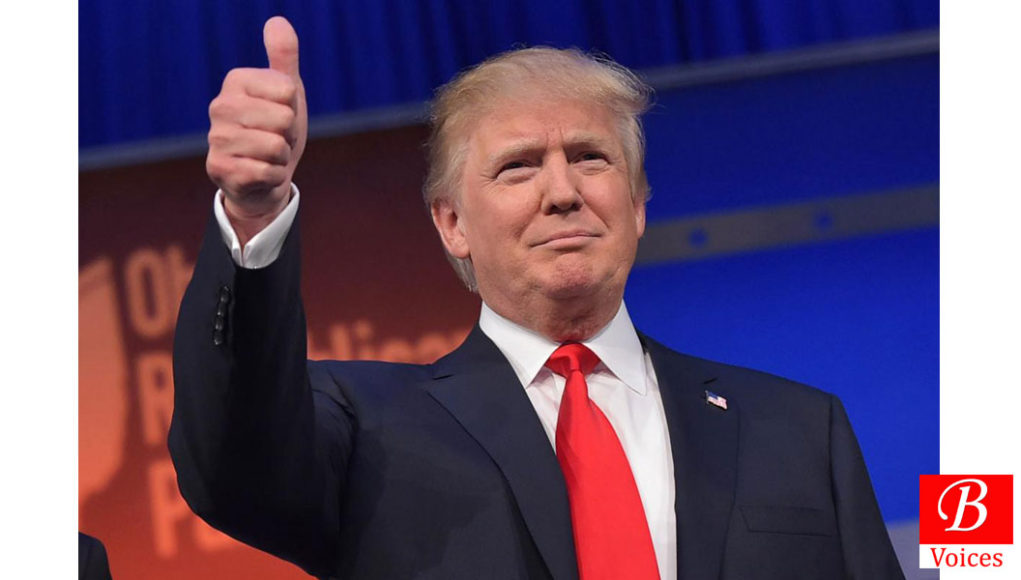 Saddam Shah
Saddam Shah
Defining ‘Terrorism’ is the most eminent and primary step towards countering it. It is an oxymoronic quote to say about terrorism, ”one’s freedom fighter is other’s terrorist, and vice-versa”. For laymen, it is the unlawful use of violence and intimidation, especially against civilians or government, in the pursuit of political aims. Whereas literally it means ‘Terrorizing Someone’, but dynamically analyzing, it never remains absolute, except few sharing idiosyncratic features, it holds almost for every country, and even at international level.
Hence, every state structures its own understanding of terrorism; conforming to its own national interest and threat perception, depending upon circumstances that it faces.
What the US says, indirectly at various occasions, of ‘Dual Standards’ is fundamentally a term, which itself it has tossed, even with some solid models as result of laboratory experiments. Such terminology persists evolving since the relations among states was seeking for open diplomacy with the creation of somehow failed ‘League of Nations’ and remains updated in all contemporary affairs. Although this term has been subjected to criticism in public but gets an enormous token of praise in private, is paradoxically a harsh reality.
No state in the contemporary world politics is ready to bargain at the expense of its vital interests, particularly its survival, at any cost, and for that, it goes to any extreme.
The state must do that for the sake of its citizens in ‘real politics’ of the competing nature of state-actors in international relations; those having firm faith in their defenders against the situations that threaten their security. So, capable states avert the conditions, like that of presently prevailing in Syria, Iraq, Afghanistan or any other conflict zone of the world.
From whom concealed? the demise of former USSR in Afghanistan by the US in cold war, which was not by limited war though but a proxy, in which the US implicitly gave birth to ‘Mujahedeen’, to equalize the calculations of ‘Vietnam war’ with the former. But the same ideology of its ‘brain child’ has been subverted into today’s terrorists for leading West including the US and the world, and that is a very good play of ‘dual standards’ of politics, indeed.
If the US can play such chess to be so-called ‘Super Power’, then why does it criticize other? Though other does it for the sole sake of utmost survival, and not for hegemony as the US did so, and it is yet forging as leading economic power of the world to sustain its dominating role in the world politics.
Obviously, it propagates this critiques only in public, and their position in the world is currently much better to influence the weak and less powerful states, with common people of the world. That is why? It takes the temporary edge. Despite its economic, military, and political leverage, Gilpin’s notion of ‘Dynamism’ in international relations, pertaining cyclic nature, may predict the ongoing decline of US. Yet the paradigm-shift from ‘globalization’ to ‘populism’, by electing uncertain and unpredictable Trump in the US, could be an effort to counter such subside.
The rise of extreme ‘fear of Muslim-extremism’ in the western states, uprising from the eastern developing Muslim majority states that is threatening their security, is the actual reason, they bear legitimate right to take serious riposte to grapple with, though may lead to more vulnerable consequences. But this may be actually, because of the real fact that globalization, coined by the developed states and proselytized by themselves, is now out of their control, and Huntington’s thesis, ‘Clash of Civilizations’ is just based on biased post-positivist approach, to be utilized for halting it, so that, it pursues its own interests.
The geostrategic location and historical experiences of Pakistan are so much complicated, that many times, it becomes much cumbersome to draw unambiguous lines between its numerous policies.
It is sometimes more challenging to rationally and empirically analyze Pakistan’s choice, i.e. on one side, the 2200 km of porous border with Afghanistan, 740km of disputed LoC with India, and the steady friendship with Saudi Arab but unsteady with Iran; supporting their sectarian proxies in Pakistan, whereas on other hand, the Indian exploitation of insurgents in Balochistan province, and Afghan land for its own interest to coerce Pakistan, make it sufficiently convoluted to understand.
The ongoing move towards economic development of the Pakistan with China after inaugurating CPEC; which may be hitting the US indirectly, and its hegemony; mixes up one new flavor to such chaotic choice of Pakistan.
Pakistan’s Kashmir-Dispute with India, a prolong but an unsolved chapter of Indo-Pak relations, may have merely diplomatic bargain of remedy, as the wars at different intervals didn’t prove effective in terms of consequences. The recent signal of ‘Cold-doctrine’ by Indian nationalist government is one more worthless act, deteriorating its relation with Pakistan further.
China is much capable to open its doors as ‘Shuttle Diplomacy’ for the better relations between its neighboring countries, and that is also mandatory for its projects of ‘Regional Connectivity’, which can be needful for the economy of both India and Pakistan, they are emphasizing upon.
But who knows? How much compromise could be done from both sides? And to what extent would that generate consent from either country within?
In case of proper border management with Afghanistan, where terrorist organizations and insurgents can easily cross into Pakistan’s soil from its safe-havens in Afghanistan. Civil authorities have yet not been capable to counter-terrorism in less developed areas but have partially managed in the relatively more developed one, where civil authority is better to combat terrorism.
The recapturing of areas in Afghanistan by its insurgents, ‘Taliban’, and the growing ISIS at the same time, are serious concerns of Pakistan’s too, as it has lengthiest and loose border-management with it. Furthermore, its solicitude of Indian influence there to bend Pakistan is more genuine. So, to have stable Afghanistan, it is mandatory to adequately manage its porous western-border and have strict red-eyes on it with the independent collaboration of friendly Afghan government having strong bilateral relations, as the best possible option for both the countries.
Writer is a student of Defence and Strategic Studies at QAU, Islamabad. Follow him on Twitter: @Saddam_Shah98
Disclaimer: Views expressed in this article are those of the author and Balochistan Voices not necessarily agrees with them.
Share your comments!








